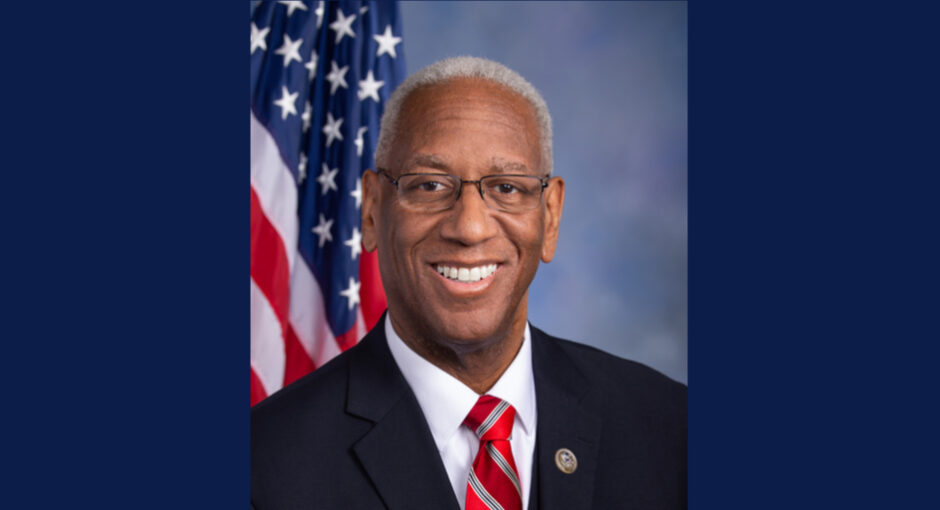A Richmond, Va., citizen’s group is continuing the fight against a health system accused of 340B program misuse at a hospital in a low-income, majority Black neighborhood in the wake of the death of U.S. Rep. A. Donald McEachin (D-Va.), a leader of the effort to insist that the system be held accountable for how it spends its 340B revenues.
McEachin, 61, died Monday from the secondary effects of colorectal cancer, his office said. His congressional district includes the city of Richmond and its Church Hill community where Richmond Community Hospital is located.
The New York Times published a long investigative article on Sept. 24 alleging that Bon Secours Mercy Health grossly neglected the hospital while spending its significant 340B savings at other hospitals and clinics in more affluent, whiter neighborhoods.
McEachin, who served on the House Energy & Commerce Committee with jurisdiction over the 340B program, told Bon Secours in an Oct. 12 letter, “As a supporter of the 340B program, I hope Bon Secours’ actions moving forward more clearly reflect the health system’s stated mission to bring ‘good help to those in need, especially people who are poor, dying and underserved.’”
“I look forward to receiving detailed information on how Bon Secours plans to improve access to comprehensive services for patients who depend on Richmond Community Hospital for their health care,” he said in the letter. “I also ask that you provide additional information on your process for determining where to reinvest 340B savings in the community, both in the past as well as moving forward.”
McEachin’s office said in a news release that he was “also actively exploring various options for federal oversight and legislative action.” At the time of the news release, a McEachin spokesperson told 340B Report that the Congressman “is a strong supporter of the 340B Drug Discount Program and believes this particular issue to be an isolated incident; however, he recognizes that Bon Secours’ actions regarding Richmond Community are incredibly problematic and not how the program should be used. He will continue exploring legislative responses to ensure hospitals are prioritizing the needs of historically disadvantaged communities and that his constituents have access to the care they need.”
Meanwhile, a citizen’s group, the Richmond Coalition for Health Equity, is pushing Bon Secours to redirect its 340B savings back to the Richmond hospital, according to a Nov. 21 article posted on the Richmond-based NBC affiliate WWBT’s website. The group said it would hold a meeting Dec. 15 and has compiled a list of seven demands for Bon Secours, including building an urgent care facility at the site as well as faster completion of a 25,000-sq. ft. office building, the article said.
The group also wants the Cincinnati, Ohio-based health system to invest 100% of its 340B savings in low-income communities, particularly Richmond’s East End, in the form of annual donations of either 10% of its 340B savings or a $10 million yearly donation to community health organizations, a VPM [Virginia Public Media] news report said. Also, the coalition said it would push for Bon Secours to publicly release details on how it spends its 340B savings, the report said.
Representatives from RCHE and from Bon Secours were not immediately available for comment.


